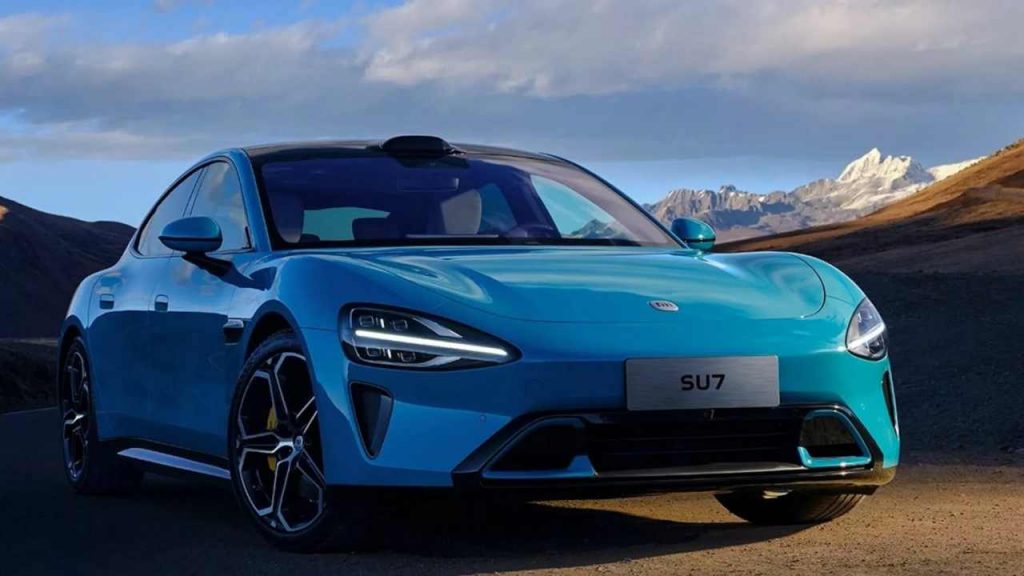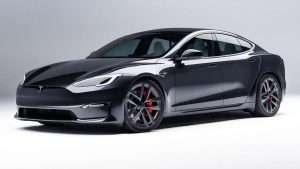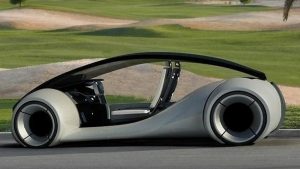Xiaomi’s SU7 Electric Sedan Challenges Tesla Model S and Porsche Taycan

Xiaomi SU7 (carscoops.com)
Xiaomi, Known for Smartphones, Unveils Ambitious Entry into Electric Vehicle Market with Sleek and Powerful SU7
In a surprising turn of events, Xiaomi, renowned for its smartphones, has officially entered the electric vehicle (EV) market with the introduction of the Xiaomi SU7. This move adds a new player to the ongoing competition between the Tesla Model S and the Porsche Taycan.
The SU7 made headlines in November when China’s Ministry of Industry and Information Technology (MIIT) provided a glimpse of the electric sedan along with some basic technical details. However, Xiaomi has now unveiled the SU7 in its entirety, showcasing everything from power specifications to driving range.
Measuring 196.7 inches (4,997 mm) in length and boasting a 118.1-inch (3,000 mm) wheelbase, the SU7 is marginally larger than its key rivals. Its sleek design, featuring a McLaren-style nose, contributes to an impressive drag coefficient of only 0.195. The modular Modena architecture supports both 400- and 800-volt electrics, offering various drive configurations and power outputs named V6, V6s, and V8s.
The base V6 model features a single motor delivering 295 hp (299 PS / 220 kW) and 295 lb-ft (400 Nm) of torque to the rear wheels. Accelerating from 0 to 62 mph takes just 5.28 seconds. Equipped with a 73.6 kWh battery, the V6 provides a range of 415 miles (668 km). On the other end of the spectrum, the top-tier V8 model boasts dual motors producing an impressive 664 hp (673 PS / 495 kW), accelerating from 0 to 62 mph in 2.78 seconds. It achieves a remarkable 497 miles (800 km) of range from its 101 kWh battery.
Notably, Xiaomi’s SU7 incorporates speedy 800-volt charging technology, enabling a range of 137 miles (220 km) in just 5 minutes or 242 miles (390 km) in 10 minutes at a fast-charging station.
In terms of technology, the SU7 focuses on driver assistance and infotainment, featuring a 16.1-inch central touchscreen. The autonomous driving package comprises lidar, cameras, and radar, providing hands-off freeway driving and auto-parking. Xiaomi plans to expand the self-driving capabilities to city streets after conducting tests in 2024.
While Xiaomi has not disclosed the exact pricing details, CEO Lei Jun acknowledged that the SU7 won’t be inexpensive, positioning it as a competitor to premium electric vehicles like the Porsche Taycan. However, the availability of the SU7 outside China and specific pricing details are yet to be revealed. Unfortunately, it seems that the United States will not be among the initial markets for the SU7.





